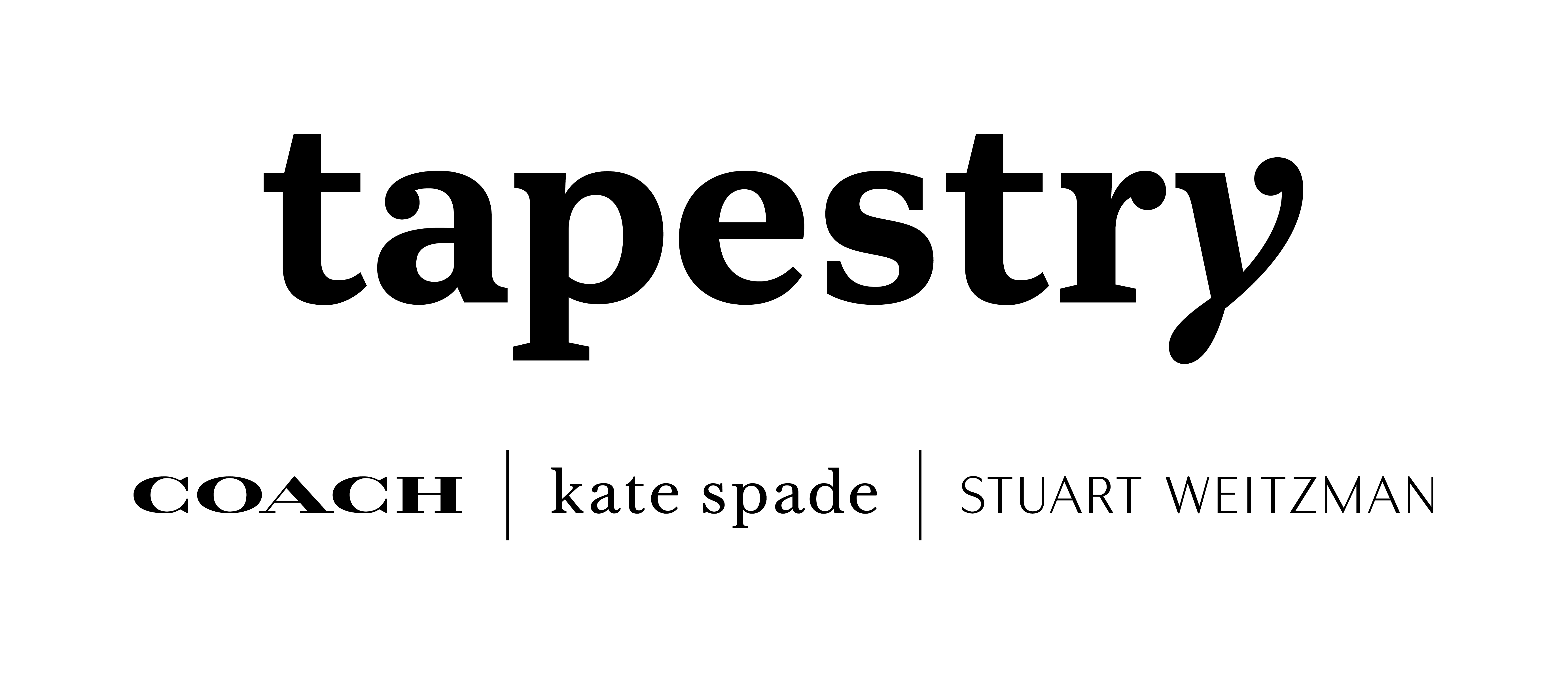How Tapestry is Supporting Workers in the its Global Supply Chain

Originally published in Tapestry's 2022 Corporate Responsibility Report
Tapestry and its house of iconic brands - kate spade new york, Coach and Stuart Weitzman - recognize their responsibility to respect and uphold human rights throughout it's entire supply chain. This includes the rights of Tapestry’s own employees as well as those of the workers who make our products. We develop and continue to nurture strong relationships with our supply chain partners through clearly defined standards and expectations, open communication and zero tolerance for human rights violations.
WORKER EMPOWERMENT IN OUR SUPPLY CHAIN
Our 2025 goals include a commitment to provide 100,00 people working in the factories crafting our products access to empowerment programs by 2025.
To help us reach this goal, we work with BSR’s HERproject, a collaborative initiative that looks to empower low-income women in global supply chains through workplace-based programs. According to BSR, global supply chains are a major employer of women: Women represent an average of 68 percent of the garment workforce, 45 percent of the textile sector workforce, and up to 70 percent of the horticulture workforce. These low-income working women often face significant and specific challenges, such as a low status in the workplace, low skill levels, irregular and excessive hours, harassment, violence, and discrimination. These challenges are reinforced by a lower status in society. HERproject brings together global brands, factories and local NGOs to support programs on health, financial inclusion and gender equality. The initiative uses a data-driven approach to help understand and analyze the impact of its programs, including through baseline and end-line assessment surveys. Its forward-looking model uses a “peer-to-peer methodology” and by doing so, creates a platform for longevity.
HERproject stands with women as they take greater control of their lives, ensuring that they can make and act on choices they value. We firmly believe that women in global supply chains have the potential to be powerful agents for positive change in workplaces and in society. HERproject works to unlock that potential.
In FY2023, Tapestry is planning to launch a financial literacy initiative in tandem with HERproject to further many of these efforts. To date, we have reached 53,000 workers, representing 13 factories in Vietnam, India and Cambodia.
Since 2013, kate spade new york has partnered with Abahizi Rwanda, an independent, employee-owned, B Corp-certified handbag manufacturer based in Masoro, Rwanda. Abahizi Rwanda employs more than 250 women, providing full-time employment, health benefits and a full spectrum life skills program including access to mental health support for all employees. Abahizi Rwanda manufactures high-quality products for the global fashion industry with a social commitment to empower their employees and transform their community. The company embraces social enterprise principles creating economic and social good for all stakeholders.
In April 2021, kate spade new york continued to broaden its impact in the community of Masoro, Rwanda, through their on purpose initiative by partnering with Isooko Community Development, a Rwandan non-profit dedicated to women’s and youth health, education, and economic access. In 2021,kate spade new york contributed $177,000 to Isooko, which in part helped to fund the construction of the Masoro Sport and Learning Center.

